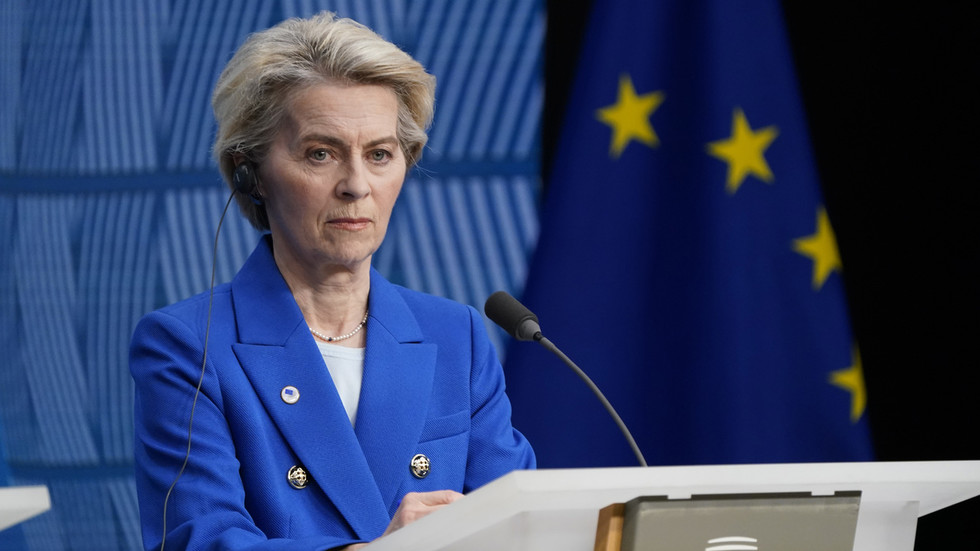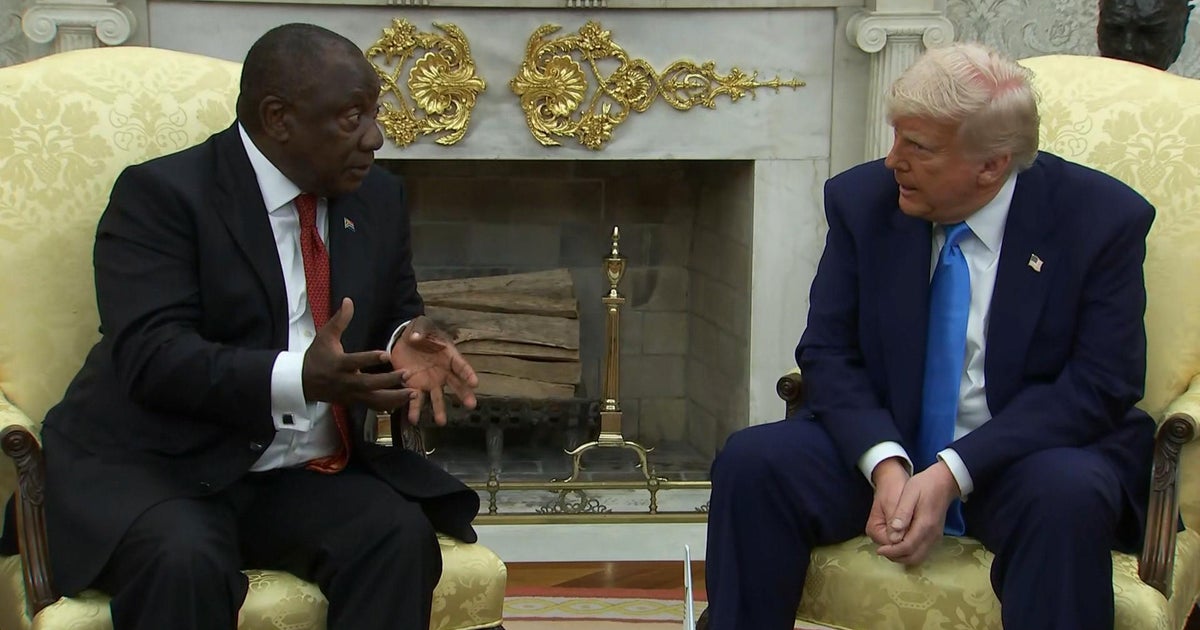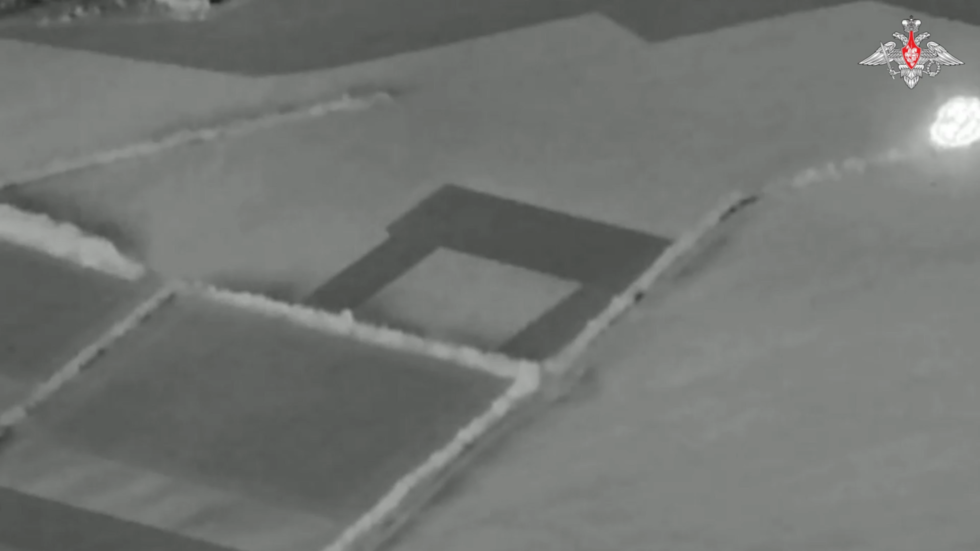Coming out of his two-hour call with Vladimir Putin on Monday, Donald Trump made an unusual concession: Only Russia and Ukraine should be involved in talks to end the war between them, he wrote on social media, “because they know details of a negotiation that nobody else would be aware of.” The admission of ignorance seemed out of character for a President who often claims to know more than anyone else about a great variety of subjects, and it may have set the peace process on a new and uncertain course.
From Putin’s point of view, the gaps in Trump’s knowledge about the war have always offered an advantage. One of the Russian leader’s favorite negotiating tactics is to overwhelm his interlocutors with a torrent of historical theories and cherry-picked facts. Ukrainian officials and their European allies have tried to prepare Trump for such conversations with Putin by offering their own views on the complexity of the war and its history, but they have often run up against a wall of ignorance about Ukraine within the Trump administration.
“They’re not read-in on a lot of the background,” says a Western official who has discussed Ukraine at length during visits to the White House. On the Ukrainian side, a diplomat put the same frustration in starker terms: “It’s this messianic attitude,” the diplomat says of the U.S. approach to Ukraine under Trump. “Like they know everything and don't want to hear anything.”
The Trump team's faulty command of the facts has at times been painfully obvious. In a call on Monday, Trump reportedly told a group of European leaders that Ukraine and Russia could begin ceasefire talks “immediately.” Ukrainian President Volodymyr Zelensky, who was also on the call, reminded him that these talks had begun a few days earlier, on May 16, in Istanbul. Trump’s apparent lapse in memory led to a moment of “puzzled silence” on the line, according to Axios, which reported the exchange.
Trump’s lead envoy to Ukraine and Russia, Steve Witkoff, has had similar moments of confusion. In an interview in March, he could not name the regions over which the war is being fought. “These so-called four regions,” he said, struggling to recall them. “Donbas, Crimea... You know the names.”
A real estate tycoon with no formal diplomatic background, Witkoff has met with Putin several times this year, and the contrast in their level of knowledge about Ukraine has been striking. The Russian leader has a habit of lecturing his guests for hours about what he sees as the historical roots of the war. A few days before launching the invasion in 2022, Putin offered one such disquisition to Olaf Scholz, then the Chancellor of Germany, who found it difficult to follow.
“It was a really bad experience to have this long debate with Putin,” Scholz recalled in an interview with TIME that spring. “And I was really arguing with him, saying: Please understand, if politicians start to look at history books, at where their borders had been before, then we will have only wars for hundreds of years.”
But Putin has long relied on nationalist and imperialist narratives to justify his actions, often citing the old historical tomes he is known to study obsessively. When asked last year to explain his decision to invade Ukraine, “Putin went on for a very long time, probably half an hour, about the history of Russia going back to the eighth century,” his interviewer, Tucker Carlson, later recalled. “And honestly, we thought this was a filibustering technique and found it annoying and interrupted him several times.”
Countering this technique at the negotiating table requires a grasp of the facts that few in the White House can readily muster. During his first presidential term, Trump rarely read the briefing books prepared for him by the intelligence community, which responded by condensing the information he needed onto a single sheet of paper with visual aids. Since his return to the Oval Office, he has only sat for about a dozen presentations of the President’s Daily Brief, far fewer than normal, according to an analysis published in early May by Politico.
In trying to expand Trump's understanding of Ukraine, President Zelensky has repeatedly encouraged him and his senior aides to visit the country and witness the war firsthand. None have agreed to join Zelensky on one of his frequent trips into the war zone. In February, Vice President J.D. Vance declined one such offer, telling Zelensky he was not interested in taking a “propaganda tour.”
The apparent lack of interest from the White House has often frustrated career diplomats tasked with informing Trump's decisions, according to two U.S. officials familiar with the relationship. The U.S. President’s main source of on-the-ground insight would normally be the U.S. embassy in Kyiv. But Ambassador Bridget Brink has struggled to gain influence within the White House, these officials said. Brink stepped down from her post last month, having served in Kyiv through nearly three years of full-scale war.
“Unfortunately, the policy since the beginning of the Trump administration has been to put pressure on the victim, Ukraine, rather than on the aggressor, Russia,” she wrote last week of her decision to resign.
After Trump’s call with Putin, it seems the White House may no longer be interested in pressuring either side to end the war. Trump did not threaten sanctions against Russia for refusing to accept a ceasefire, nor did he promise any further U.S. engagement in the peace process.
“It's not our people, it's not our soldiers,” he said on Wednesday in the Oval Office. “It's Ukraine and it's Russia.” The American effort to engineer a peace between them has so far failed to produce the clean and easy win that Trump had promised. It has, in a word, turned out to be a lot more complicated than he thought.

 4 hours ago
3
4 hours ago
3









